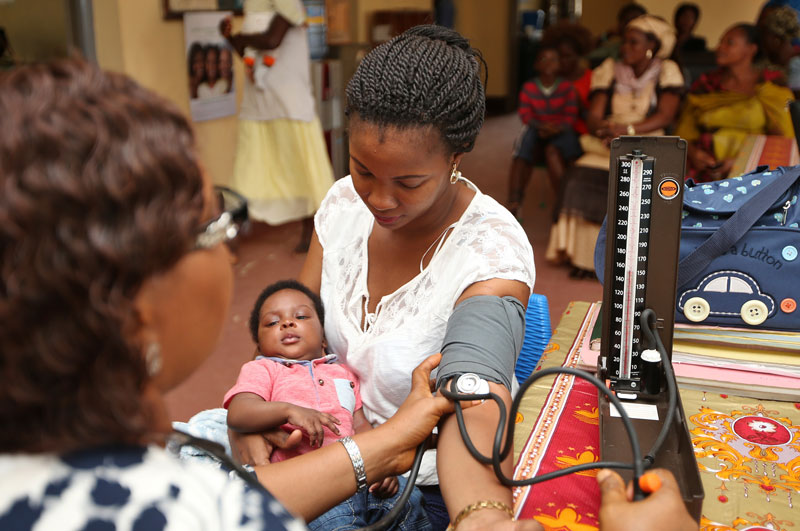Global Fund Malaria
PPFN recognized
as the largest non-governmental organization in Nigeria signed an agreement
with Society for Family Health (SFH) in 2008-2012 to scale up malaria control
activities in FCT, Kaduna, Sokoto, Zamfara, Plateau and kwara States in the
global fund malaria Round 4 phase 2 grant
Global fund Malaria Round 8 phase 1 project started from 2010-2012, while phase 2 lasted from 2012 to January 2015, sponsored by the global fund in collaboration with the ministry of health, private health facilities, patent medicine vendors and pharmacies in 14 states both in the north central and north west regions to scale up malaria prevention and treatment intervention to universal coverage. In line with the Nigerian National Malaria Treatment policy, Rapid Diagnostic Tests (RDTs) and microscopy, were used as pilot in FCT at both private and public health sectors.
Global fund Malaria (GFM) New Funding Model (NFM) from 2015-2016 was initiated to reduce malaria burden to pre-elimination levels and to bring malaria related mortality to zero by 2020 for the improvement of private sectors in prevention, diagnosis and treatment in line with national treatment guideline for malaria.


Member Associate of


